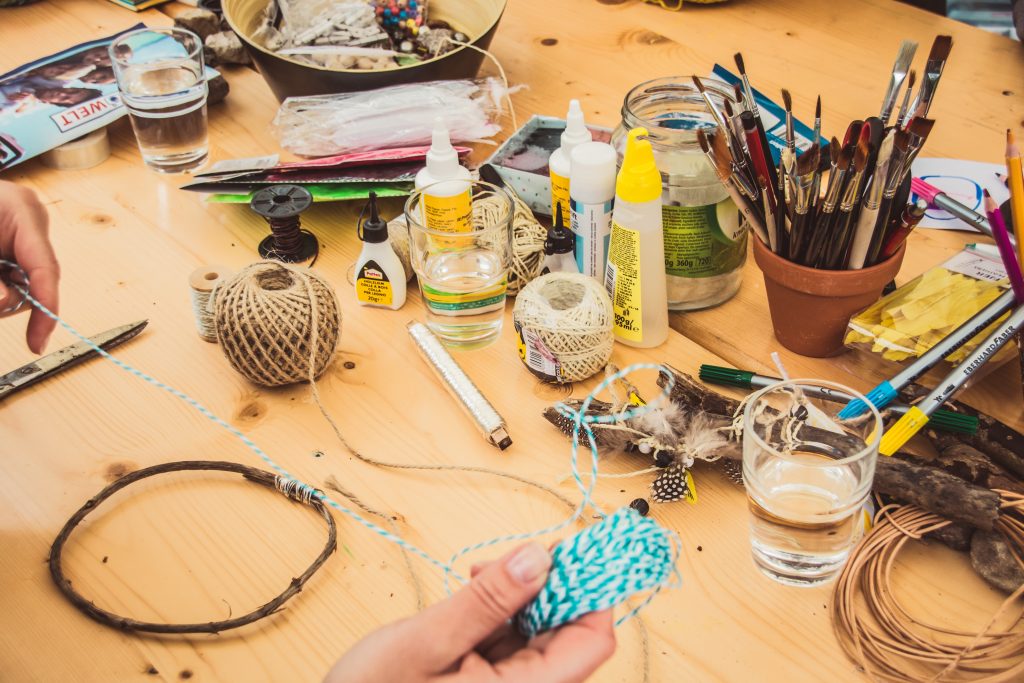Seven Tips To Avoid DIY Disaster
Lots of us turn to DIY to change and improve our homes. When DIY goes well, it can make a real improvements to your home that you can enjoy knowing you made yourself. However, when DIY goes badly, it can cause major damage to your home that can be dangerous, and end up costing you a lot to repair. Here’s how to avoid DIY disaster.

Image – free for commercial use
- Know your limits. Not everybody is gifted in all areas of DIY. If you can paint a wall, that doesn’t mean you can put up shelves, for example. Know what you can do and what is beyond your skills. Some jobs should never be attempted by amateurs either. Keep your home safe by calling in the experts for tasks like electrics, plumbing or an emergency roof repair service.
- Measure twice, cut once. This saying has been around for decades for a good reason and you should use it a golden rule of DIY. Before you cut anything, whether it’s tile or panels, measure twice. You can cut down something that is too big, but if you’ve cut too small then you can’t add anything back on, giving you wasted materials.
- Be careful with plumbing. Plumbing projects can easily snowball into a larger problem that can take a while to put right. If you only have one bathroom at home, don’t rush the repairs and instead find somewhere else to stay for a few days. Just remember to turn off the water before you leave and before any plumbing work is started.
- Look for online guides. Someone will have posted detailed instructions of just about every project on YouTube. Don’t rely only on the videos though as they may not give you all the information you need. Look around for different resources. Watch a lot of videos and read instructional guides to make sure you know what you’re doing.
- Take a class. Most home improvement stores offer some kind of classes in various DIY projects which are often free. You can to these classes to learn to do all kinds of things from replacing a leaky faucet or tiling your bathroom. Check on their website to see what classes they offer and find out how you will have to register.
- Ask questions. When you go to the hardware store to buy your DIY supplies, you should take advantage of the knowledge of the staff. They can help you to make the right choices for the materials and tools you buy and make helpful suggestions to make the job you’re planning go smoothly. If you have a friend or a relative who is good at DIY, ask for their advice too to help you finish a job properly.
- Use the right tools. Tools are expensive, but if you need something specific, don’t skimp on the right tools. You don’t need to buy a lot of tools if you won’t get much use out of them, but you can hire tools so you have the right things to do quality work.
